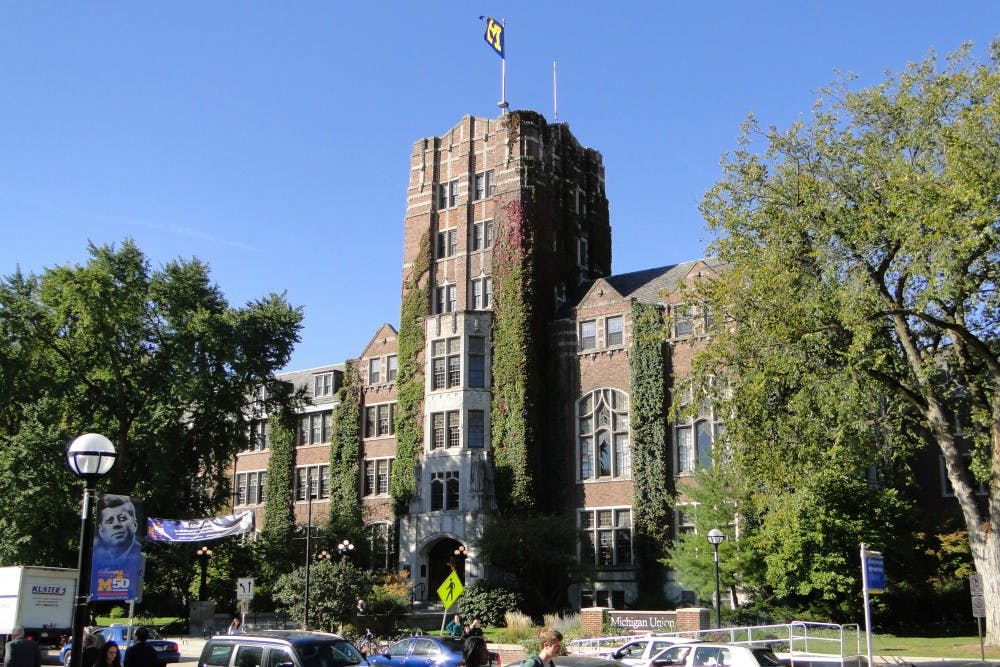
The University of Michigan implemented large changes to its policy on student-faculty relationships on Feb. 18. (Photo by Cbl62 | CC BY-SA 3.0)
Following other universities who have recently cracked down on relationships between faculty and students, the University of Michigan has made significant changes to its teacher-student policy for the first time in 15 years.
The new policy, which has not been revised since 2004, bars student-teacher relationships —defined as sexual, romantic, amorous, and or dating — in any setting where the teacher has authority over the student "regardless of delivery mechanism for the instructional content, or the form of communication.” It also states that relationships between faculty and graduate students in the same discipline or academic department are not allowed, if the faculty member has authority over the student.
Michigan’s new policy states that these banned relationships do not necessarily require physical contact to be occurring, and can be “on the basis of a single interaction.” The policy also strictly defines those who fall under “teacher” and “student.” Teachers include all faculty, graduate students, and undergraduate students that are responsible for delivering course content.
In March 2018, The University of Pennsylvania also made changes to its policy regarding consensual sexual relations between faculty and students.
Sexual relations between teachers and students at Penn were previously forbidden only during the time of the student-teacher relationship. The new policy, however, prohibits all sexual relations between teachers and students while the student is enrolled at the University.
The policy at Michigan went into effect on Feb. 18 and applies to all three of Michigan’s campuses: Ann Arbor, Dearborn, and Flint.
The updates to the policy are based on the recommendations of the Working Group on Faculty-Student Relationships established October 2018. Susan Gelman, a professor who led the group, said the specificity of the policy is meant to prevent loopholes and “what if” situations where the policy may not be clear, The Chronicle of Higher Education reported.
“In theory, simple rules can seem clear-cut, but when you actually see what’s happening on the ground, it gets important to be more specific," Gelman told The Chronicle of Higher Education.
The complete list of regulations is nearly 5,000 words, making it five times as long as that of the University of California at Berkeley and four times as long as that of Duke University, according to The Chronicle of Higher Education.
The Daily Pennsylvanian is an independent, student-run newspaper. Please consider making a donation to support the coverage that shapes the University. Your generosity ensures a future of strong journalism at Penn.
Donate







